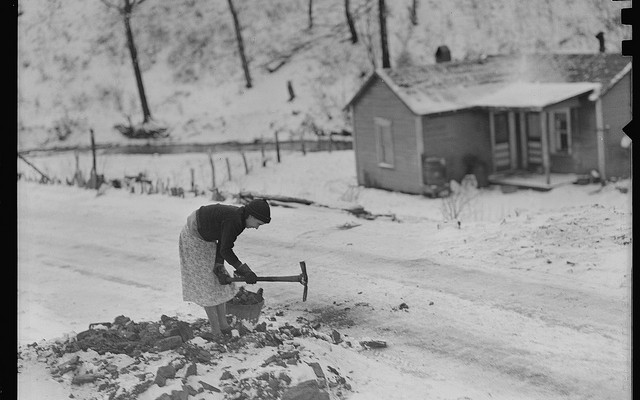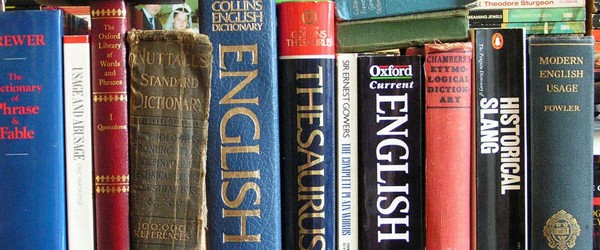Waking from dreams of dim turbulence. The black dog whining in the shadows. That damn dog.
As a high-functioning depressive, I’m good at keeping its muzzle on. But it gets its teeth in every now and then, and its bite is poison. There are toothmarks I don’t look at, because on that day I can hobble around and get things done. Some mornings I wake up and see them bleeding, see the flesh blackening around ancient wounds. Then I wonder how I can deal with anything at all.
On those days, all I can see is that black dog. It’s got its teeth in everything. It’s the absences in our political systems, the cruelties that leap out of our despairs and terrors. It’s the abyss beneath our feet, yawning ever more widely.
And like billions of other people, all I can perceive is my own impotence in the face of the mighty, uncontrollable forces that shape the world. I see, too, my own egocentricity. I despise it, but I can’t seem to do a damn thing about it.
Because I’m a writer, literally living on my wits, I’m intimately familiar with my own psychology. For writers, what goes on inside our skulls is our raw material. We get good at objectifying our neuroses. I use mine quite consciously: they feed my imagination, spark my empathies. I ruthlessly exploit my perfectionism and restlessness.
Paradoxically, my egocentricity awakens a dread of solipsism. I want my writing to connect to other people, to illuminate the fragmentary chaos of our lives. Every writer desires to reshape experience, however private or strange or inexpressible it is, as a collective imagining that reaches beyond the prisons of our individuality.
I spend a lot of time dancing around paradox. Sometimes I think I will collapse underneath it. Those are the bad days.
When I was younger, I experienced my hunger to write as an affliction. It was as if I were hunting for the perfect expression that meant I would never have to write again. I envied people whose lives weren’t formed by this compulsion.
I’m perfectly aware that writing is my primary means of dealing with my demons. Sometimes its demands are counterintuitive. Once I couldn’t pay my rent and couldn’t get a job, so I spent a month, 9 am to 5 pm, translating the first of Rilke’s Duino elegies. This task didn’t restore my bank balance, but it stopped me collapsing into my own futility.
Becoming a writer has never quite felt like a choice. I say that I ‘chose’ the life, and yes, in certain mechanical ways, that is true. But what I chose was the life I have over a life in which I barely function, in which I collapse into a horrifying abyss of unmeaning.
Of course, writing is always much more than merely a means of self-preservation. It is a way of making delight and joy and pleasure, of enriching my world with meaning. Over tens of thousands of hours of labour, it has even become a career. But there have been times when I knew I was literally writing for my life.
I love my life, mostly. Even the hard bits. And even though it’s getting harder, I still wouldn’t choose another one. I manage deadlines, mostly. I’m productive, mostly. I’m rational, mostly. I love my family and friends, and they mostly love me. I’m doing well on mostlys on many fronts, except for money, which is mostly leastly.
Most depressives find ways to work around themselves. Many have a far darker struggle than I do. There is no right way to deal with depression, and sometimes we fail. You can be as aware as you like of your own psychological frailties, but that doesn’t mean you can resolve them.
Being aware doesn’t always help. You know what you should be doing. You know the methods you have accrued over the years to deal with that damn dog. To get that muzzle on. But the dog is always there.
A long time ago, I realised it was a good day if I managed to do the washing up in the morning. But that didn’t mean I that I did it. Sometimes I just couldn’t. Sometimes I just can’t.
There are always those mornings. Sometimes they turn into days, weeks, months. Sometimes the black dog seems a rational emotional response to a world too full of irrational cruelty and destruction. Those, maybe, are the worst days of all.
It’s part of being human. I don’t know who I’d be without it, for better or worse. And then there are other mornings, when the black dog trots gently over the margins of dream and nudges me awake to the beauty of being alive. Those are the good days.
Image: ‘Woman gathering coal, March 1939’/Flickr
Read the rest of Overland 224
If you liked this piece, buy the issue
Or subscribe and receive
four outstanding issues for a year




